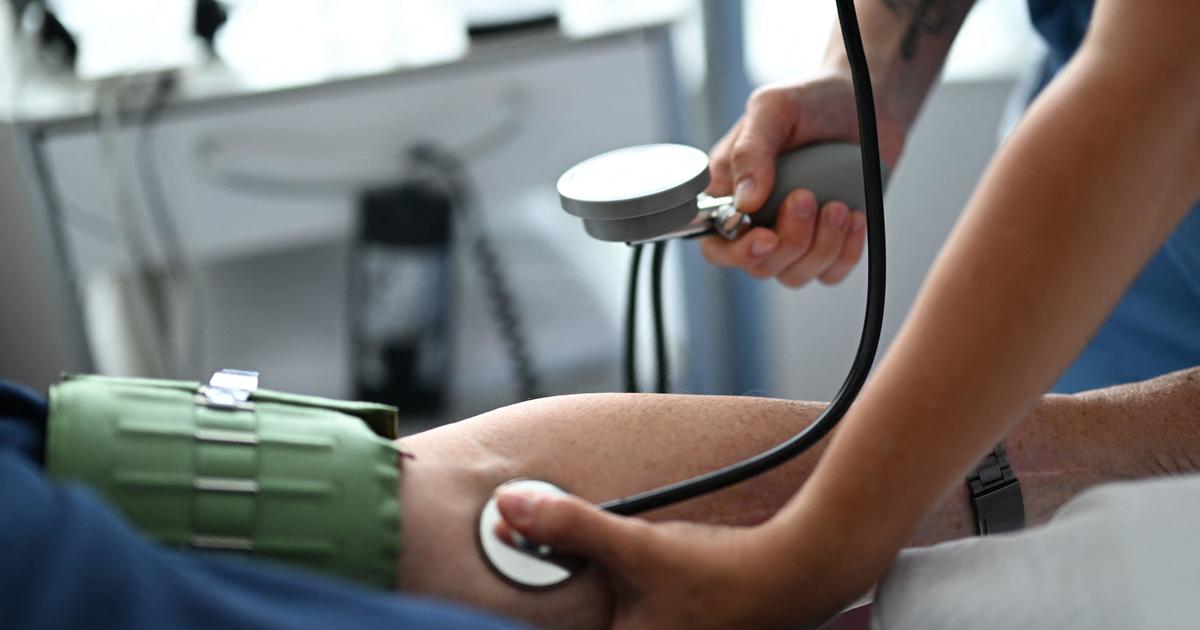Cutting Edge Stroke Care, Now At Good Sam
The numbers are staggering, and the impact of stroke are far reaching, touching many of our friends, families and loved ones. A stroke occurs every 40 seconds in the United States. More than 130,000 die annually from strokes, making it the fifth leading cause of death and the leading cause of long-term disability. Historically, strokes have been treated the same way, but what if there was a new option; a safer and minimally invasive alternative, allowing for a quicker recovery and a shorter hospital stay. Good Samaritan's new Stroke and Brain Aneurysm Center now provides that options to the residents of Long Island, and is supported round-the-clock by experts in neurological critical care, making it the only program of its kind.
Every stroke is unique, but affects people in very common ways. The brain is an extremely complex organ, controlling various body functions. When a stroke occurs, blood flow cannot reach the region that controls a particular body function. This limits specific areas of the body, causing them to not function properly. For example, if a stroke occurs toward the back of the brain, it's likely that some disability involving vision will result. The effects of a stroke depend primarily on the location of the obstruction, and the extent of brain tissue affected.
Recent studies have demonstrated the impact of minimally invasive stroke surgery on relieving stroke symptoms, and improving the chance of survival after a stroke occurs. Research has additionally shown that patients who receive stroke surgery increase their life expectancy by five years more than patients who do not receive this specialized treatment.
Good Samaritan's Stroke & Brain Aneurysm Center will treat the most complex stroke cases by combining the most advanced imaging capabilities in the area, including Long Island's only 512 speed low-dose CT scanner, a biplane angiography system, and the experience and skill of the Center's specialized neuro-interventionalists, neurointensivists and intensive care trained nurses and support staff.
What is Neurointervention?
Neuro-interventional surgery is accomplished through a small hole in the skin. Through this miniature portal, tiny catheters, needles or tubes are placed and guided to their intended targets in the brain, head/neck, or spine. Through the use of sophisticated imaging technologies, these devices are precisely guided into highly sensitive neural structures. Once there, devices that are amongst the most innovative and advanced available to medicine are used to accomplish minimally invasive surgical solutions. Through this advance technique, Good Samaritan's Stroke and Brain Aneurysm Center can treat conditions such as strokes, brain aneurysms and tumors that are present in the delicate areas of the brain, neck or spine.
These procedures, and the excellent outcomes that follow, are made possible by biplane angiography, an imaging modality allowing for sophisticated imaging of the brain and its structures. Allowing for faster imaging speed, biplane technology represents an improvement over single-plane angiography systems, and enables the performance of complex neuro-interventional procedures.
"For many patients, minimally invasive stroke treatment through bi-plan angiography means a shorter hospital stay, quicker recovery time, reduced pain and smaller risk of complications," states Director of the Stroke & Brain Aneurysm Center Kimon Bekelis, MD. "Good Samaritan is very excited to bring this advanced level of care to the residents of not only Suffolk County, but all of Long Island."
Following a neurointerventional procedure, patients will be transported to a newly constructed, dedicated, five-bed Neurological Intensive Care Unit for close monitoring by a multidisciplinary team of subspecialty-trained board certified physicians, nurses and other professionals. The unit will also contain four stepdown beds, allowing for the same advanced team to care for you throughout your stay.
The Stroke & Brain Aneurysm Center's neurosurgeons, neuro-intensivists, neurologists, nurse practitioners, physician assistants and nurses have extensive training in neurological critical care. With the use of advanced monitoring technology, they provide comprehensive and continuous bedside care to patients during their recovery.
Through innovative, minimally invasive treatment, advanced diagnostic evaluations, critical care level monitoring, and the expertise of some of the areas most skilled neurologic specialists, the Stroke and Brain Aneurysm Center is providing incredible outcomes for patients whose lives have been affected by this debilitating illness. Good Samaritan's stroke team is ready 24/7 to ensure the best possible outcome for each individual patient.
Kimon Bekelis, MD,
Director of the Stroke & Brain Aneurysm Center at Good Samaritan
Chairman of Neuro-interventional Services at Catholic Health Services
Director Population Health Research Institute of New York at Catholic Health Services
Kimon Bekelis, MD, is one of the most prominent researchers in stroke care and treatment in the nation. After receiving his medical degree from Dartmouth University, Dr. Bekelis studied as a postdoctoral research fellow in neurosurgery at Johns Hopkins Memorial in Baltimore. He completed his neurosurgery residency at DartmouthHitchcock Medical Center, where he served as the chief resident, and his fellowship in cerebrovascular and endovascular neurosurgery at Thomas Jefferson University Hospital, one of the largest stroke centers in the country, Dr. Bekelis has authored more than 110 peer reviewed journal publications. He is an award winning neurosurgeon and researcher who has performed more than 1,000 neuro-intervention procedures and has also developed two software applications on risk prediction
Good Samaritan is the recipient of the American Heart Association's Get With The Guidelines Stroke Gold Plus Performance Award with Target: Stroke Elite Honors. If you need a physician, please call Good Samaritan at (631) 376-4444 or visit www.good-samaritan-hospital.org
This content is not intended to be a substitute for professional medical advice, diagnosis, or treatment. Always consult with your physician or other qualified health provider with any questions regarding a medical condition.



